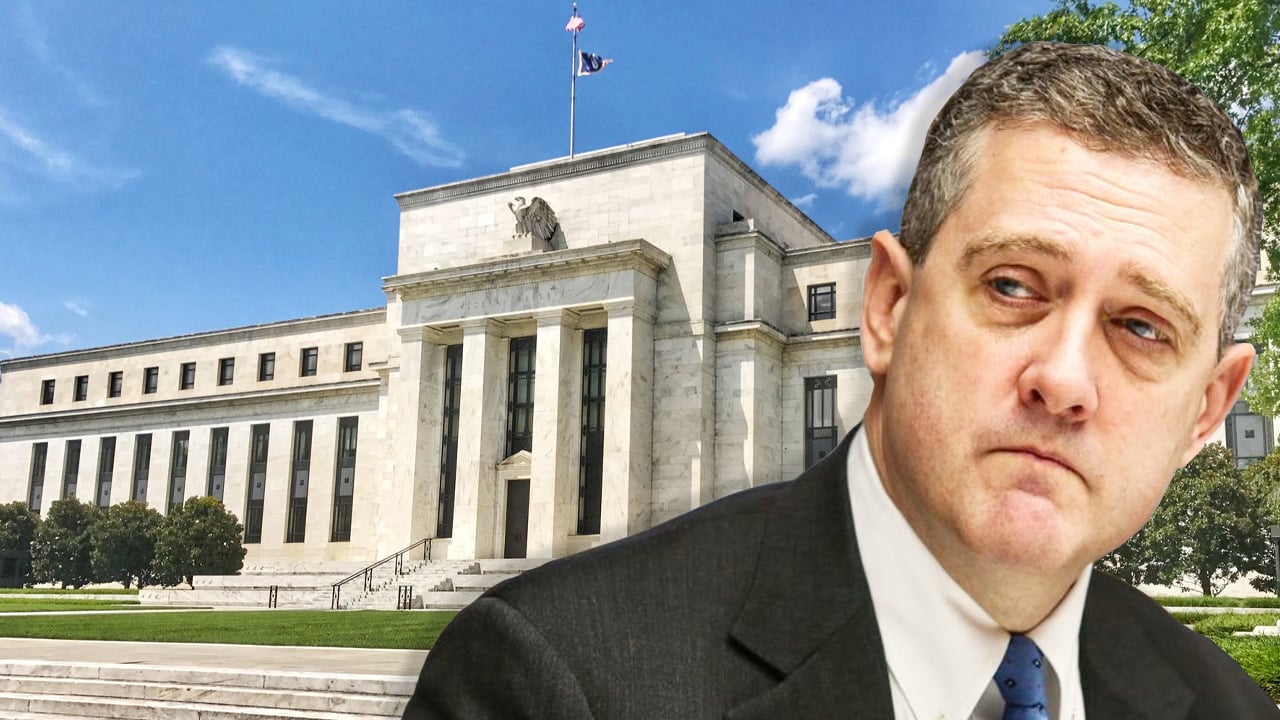
While Web3 narratives haven’t yet permeated public consciousness, there seems to be a strong foundation for future acceptance of the idea.
Findings from an online survey of 1,500 United States-based consumers reveal people’s deep concerns over privacy and tech platforms’ outsize power while suggesting that Web3 is yet to become a household term.
The study was fielded by global insights and strategy firm National Research Group (NRG) in January 2022. 54% of respondents said they were worried about their rights and freedoms are being threatened by technology, with 44% citing online privacy concerns, 38% being unhappy about online ads, and 35% reporting feeling a lack of control over their data. Almost half believe that tech companies have accrued too much power and have to be broken up.
Still, only 13% reported knowing what Web3 means, while 54% haven’t heard the term at all. Of those who have, 83% reported believing that the new version of the internet will improve their lives. Speaking of the potential downsides of the new Web, 33% cited concerns of cybercrime and scams ramping up when the decentralized internet comes to fruition.
Notably, U.S. consumers do not think that the burden of ensuring positive social impact of the future internet rests primarily with regulators: only 32% ascribe the leading role on this matter to politicians and regulatory agencies. More than half (51%) believe that it is mainly tech companies’ responsibility, and 50% said that is developers' and engineers’ job.
On the crypto adoption note, 57% of respondents reported having bought crypto or considered doing so. 39% percent believe that cryptocurrencies are most similar to stocks and shares rather than fiat currencies (18%) and commodities like gold (15%).
Marlon Cumberbatch, senior vice president and global head of insights at NRG, commented to Cointelegraph:
“To me, the most unexpected finding from this research was just how many consumers felt a strong sense of a lack of agency in online spaces. It’s rare, in this increasingly polarized world, to find anything that unites all of us. But it seems that Americans, regardless of income, politics or race, feel strongly that they don’t have enough control over how they engage with content online and how corporations use their personal data.”
Cumberbatch added that the findings point to “a real desire among consumers for a new era of the internet,” the kind that would give them a greater sense of agency and control over their online experiences. The primary roadblock at this point seems to be the lack of information and the still-insufficient public understanding of Web3-related concepts.
Respondents were selected to participate in the study based on quotas calibrated to U.S. census data for age (within the 18 to 64 range), gender, race, region, income and education level. While this method does not yield a sample representative of the general population in the strict sense, it does allow to draw robust generalizations about how opinions are distributed.













